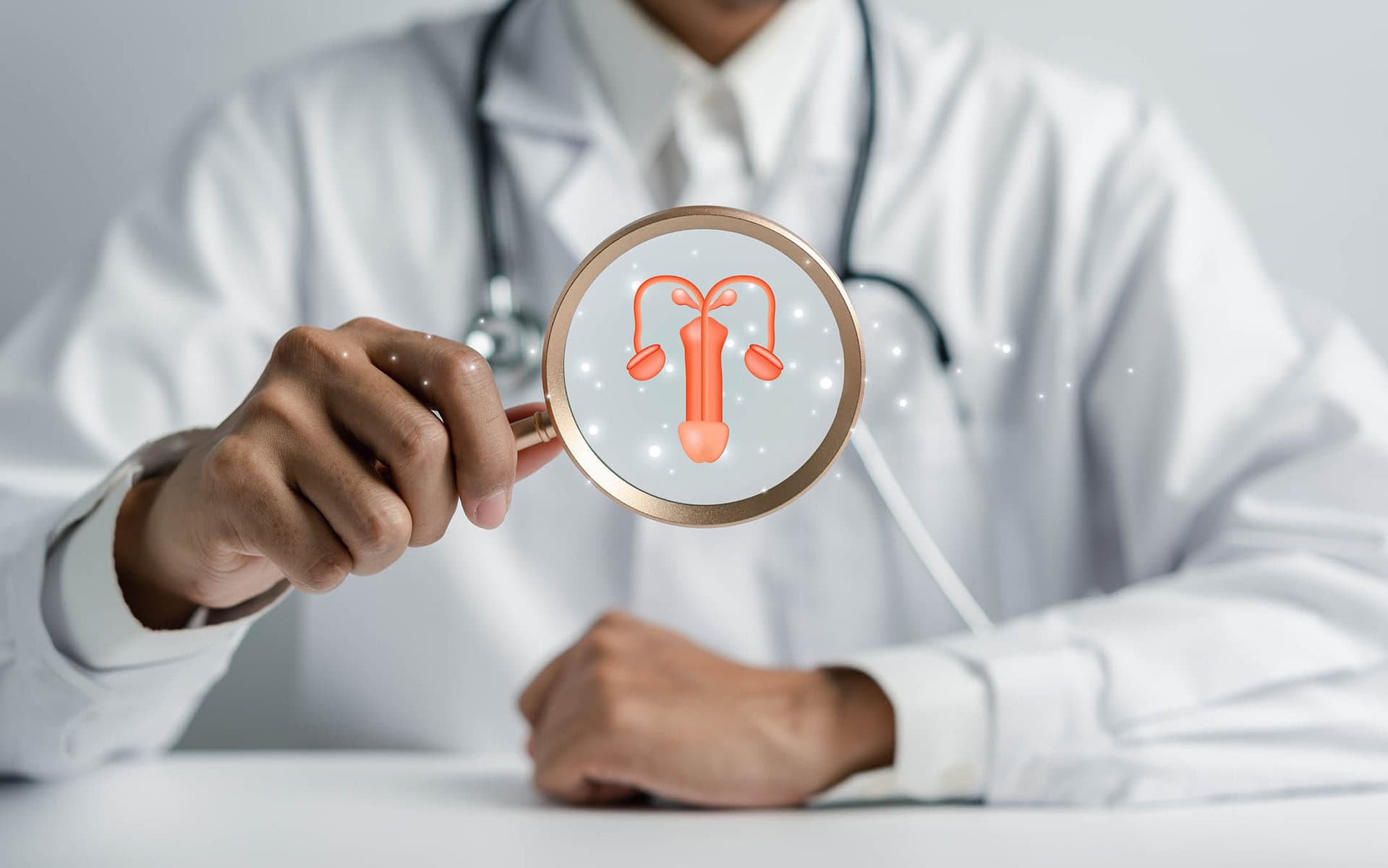As men age, changes in prostate size are common. For many, these changes can bring noticeable effects on how they urinate. The prostate gland surrounds part of the urethra, the tube that carries urine from the bladder out of the body. When the prostate becomes enlarged, a condition known as benign prostatic hyperplasia (BPH), it can press on the urethra and affect the way urine flows. Understanding the early signs and the mechanisms behind these symptoms is key to managing your prostate health.
Signs Your Prostate May Be Affecting Your Urine Flow
Frequent Nighttime Urination (Nocturia)
Waking up multiple times in the night to urinate is one of the most common symptoms of an enlarged prostate. This occurs because the bladder becomes more sensitive or struggles to empty completely, prompting more frequent trips to the bathroom.
Slow or Weak Urine Stream
A noticeably reduced flow, even when you feel the urge to urinate, can be a sign that an enlarged prostate is pressing on the urethra. This narrowing makes it difficult for urine to pass freely.
Sudden Urge to Urinate
Men with an enlarged prostate often feel a sudden, compelling need to urinate that can be difficult to hold. This urgency can sometimes lead to leakage or accidents if facilities aren’t nearby.
How an Enlarged Prostate Disrupts the Urinary System
The Role of the Urethra and Bladder
The urethra carries urine from the bladder through the penis. As the prostate enlarges, it can squeeze this tube, obstructing urine flow and causing the bladder to work harder to expel urine.
Pressure Build-up and Incomplete Emptying
When the bladder can’t fully empty due to a constricted urethra, it can cause discomfort, frequent urination and a higher risk of urinary tract infections. Over time, the bladder muscles may also weaken.
Long-term Effects on Kidney Health
Persistent urinary retention can lead to pressure building up in the urinary tract, potentially affecting the kidneys. This may increase the risk of infections or, in severe cases, kidney damage.
Who Is Most at Risk of Prostate Enlargement?
Age and Hormonal Changes
Prostate enlargement, or benign prostatic hyperplasia (BPH), is most common in men over 50. Hormonal changes, particularly involving testosterone and its by-product dihydrotestosterone (DHT), play a significant role.
Lifestyle and Diet Factors
Sedentary lifestyles, obesity and diets high in red meat and low in vegetables may increase the risk. Alcohol and caffeine can also irritate the bladder, compounding symptoms.
Family History and Genetics
Having a father or brother with prostate enlargement increases your risk. Genetics influence not just the likelihood but potentially the severity and age of onset.
Everyday Challenges Men Face with an Enlarged Prostate
Sleep Disruption and Fatigue
Nocturia interrupts sleep, often multiple times a night. Over time, this can lead to chronic fatigue, irritability and reduced concentration.
Embarrassment and Social Withdrawal
Frequent, urgent bathroom visits can make socialising stressful. Some men may avoid events altogether due to the worry of discomfort or embarrassment.
Reduced Confidence and Intimacy Concerns
Urinary symptoms can affect confidence, particularly in intimate relationships. Concerns about leakage, odour or performance may lead to avoidance and therefore emotional strain.

Natural and Medical Ways to Relieve Urinary Symptoms
Dietary Changes That Help
Increasing intake of vegetables, particularly those rich in antioxidants, and reducing processed foods can support prostate health. Staying hydrated while avoiding excess caffeine and alcohol can ease symptoms.
Exercises to Strengthen Pelvic Muscles
Pelvic floor exercises, or Kegels, can help improve bladder control and reduce leakage. These simple exercises strengthen muscles that support the bladder and urethra.
Medical Treatments and Minimally Invasive Options
Treatment options range from medications that relax the prostate or shrink its size to minimally invasive procedures like UroLift, Rezum or Aquablation. These can relieve symptoms while also preserving sexual function.
When Should You Seek Medical Help?
Warning Signs You Shouldn’t Ignore
If you notice blood in your urine, recurrent urinary tract infections or a complete inability to urinate, seek help immediately. These could signal more serious conditions requiring urgent attention.
What to Expect During a Prostate Evaluation
A typical evaluation includes a review of your symptoms, a digital rectal examination (DRE) and a PSA blood test to assess prostate activity. Depending on the findings, your doctor may also recommend imaging or flow studies. These simple tests are usually completed quickly, helping to guide diagnosis.
Proactive Tips for Maintaining Prostate and Urinary Health
Staying Hydrated the Right Way
Drink plenty of water throughout the day but reduce intake later in the evening to lessen night-time urination. Avoid fluids that irritate the bladder, like caffeinated or fizzy drinks.
Regular Check-Ups After Age 50
Prostate checks become increasingly important with age. Even in the absence of symptoms, regular evaluations can help detect issues early and prevent future complications.
Supplements and Preventative Habits
Some men benefit from supplements like saw palmetto or beta-sitosterol, though evidence is mixed. Maintaining a healthy weight, not smoking and staying physically active all support better prostate health.
Taking Charge of Your Prostate Health
Prostate enlargement is a common part of ageing, but it doesn’t have to control your life. Recognising the signs early and exploring both lifestyle and medical options can significantly improve your quality of life. If you’re over 50, regular check-ups are key. At The Forbury Clinic, our expert urologists provide advanced, compassionate care.
If you’re concerned about prostate health, contact us today – we’re here to help you move forward with confidence.


